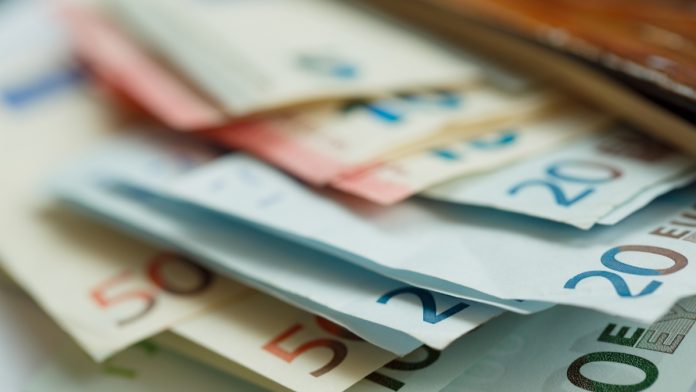- Pound (GBP) falls after small gains yesterday
- UK CPI & BoE rate decision are due this week
- Euro (EUR) rises ahead of wage growth data
- German ZEW economic sentiment is also in focus
The Pound Euro (GBP/EUR) exchange rate is falling after modest gains yesterday. The pair rose +0.05% in the previous session, settling on Monday at €1.1703 and trading in a range between €1.1676 to €1.1712. At 10:00 UTC, GBP/EUR trades -0.07% at €1.1695.
The pound is drifting lower as investors wait for UK inflation data on Wednesday and the Bank of England interest rate decision on Thursday.
UK inflation is forecast to cool to 3.6% year on year in February after holding at 4% year on year in January. Expectations are for inflation to drop below the 2% central bank target in Q2 but then rebound to almost 3% later in the year. Softer-than-expected inflation data could fuel bets that the central bank will need to move sooner to cut rights.
Meanwhile, the Bank of England is expected to hold interest rates at a 15-year high of 5.25% this week, focusing on when the central bank could start to cut rates.
Money markets and short-term trading signals suggest that the Bank of England could make its first interest rate cut in August. However, economists from Morgan Stanley indicated that a rate cut could come as soon as May, while Barclays and Capital Economics were placing expectations for the first rate cut in June.
The euro is heading higher with a focus on eurozone wage growth data and Germany’s zed EW economic sentiment index.
ECB president Christine Lagarde highlighted wage growth as a reason for remaining cautious about cutting interest rates, saying that strong wage growth was keeping domestic price pressures high. Strong wage growth could see the market push back one rate cut bets, lifting the euros.
Also in focus, today will be German ZEW economic sentiment data, which is forecast to rise again in March for an eighth straight month, showing signs that there could be light at the end of the tunnel for the German economy. The ZEW economic sentiment index is expected to rise to 20.5, up from 19.9; however, current conditions are expected to fall from -81.7 to -82.





